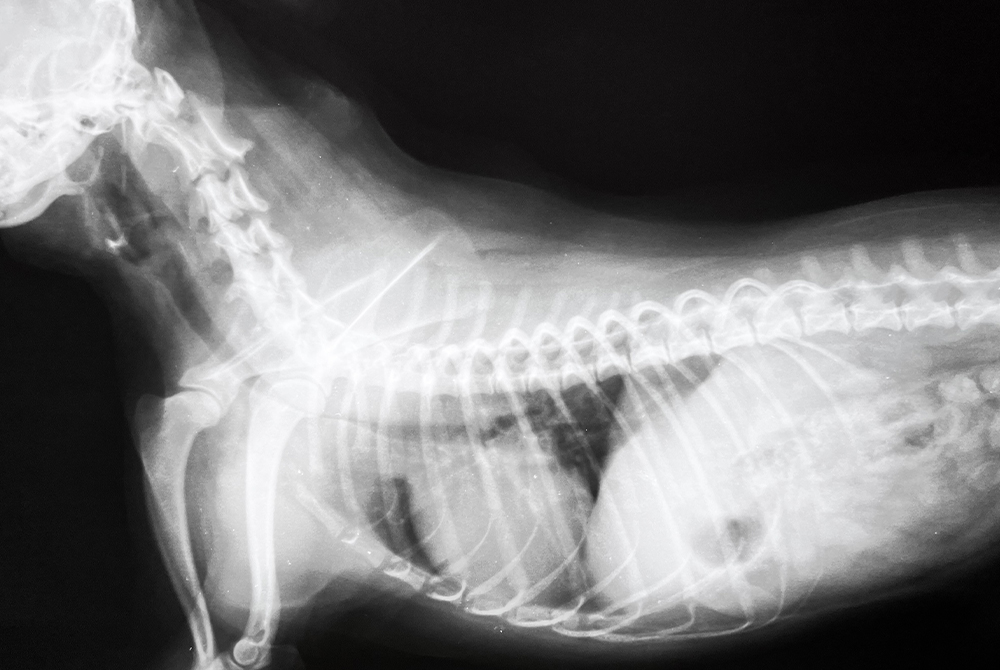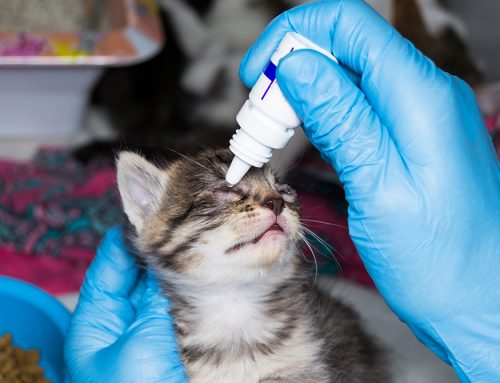What is Tracheal Collapse?
Tracheal collapse is a common respiratory condition in dogs, primarily affecting smaller breeds. It occurs when the trachea, or windpipe, becomes weakened and collapses, leading to breathing difficulties. This condition can be caused by a combination of genetic predisposition and environmental factors.
Symptoms
Dogs with tracheal collapse may exhibit the following symptoms:
- Coughing: Often described as a harsh, dry cough that may sound like a honking noise.
- Difficulty Breathing: Increased effort to breathe, especially during exercise or excitement.
- Wheezing: A high-pitched sound during breathing.
- Gagging or Retching: Can occur along with coughing.
- Exercise Intolerance: Difficulty keeping up with physical activity or becoming easily fatigued.
Causes and Risk Factors
Several factors contribute to tracheal collapse, including:
- Genetics: Certain breeds are more predisposed to this condition, such as Pomeranians, Chihuahuas, and Yorkshire Terriers.
- Obesity: Excess weight can put additional pressure on the trachea.
- Environmental Irritants: Exposure to smoke or pollutants can exacerbate symptoms.
- Aging: Older dogs may experience weakening of the tracheal cartilage.
Diagnosis
A veterinarian will typically diagnose tracheal collapse through:
- Physical Examination: Listening to the dog’s breathing and assessing the cough.
- Radiographs (X-rays): To visualize the trachea and assess its condition.
- Endoscopy: In some cases, a scope may be used to view the trachea directly.
Treatment and Management
Treatment for tracheal collapse varies based on the severity of the condition:
- Medications: Anti-inflammatory drugs, cough suppressants, and bronchodilators can help manage symptoms.
- Weight Management: Maintaining a healthy weight can reduce pressure on the trachea.
- Environmental Changes: Reducing exposure to irritants and keeping the dog in a clean, smoke-free environment.
- Surgical Options: In severe cases, surgical interventions may be considered to support the trachea.
When to Seek Help
If your dog shows signs of tracheal collapse or if you notice a persistent cough or breathing difficulties, it’s important to seek veterinary care. As an urgent care facility, Mission Veterinary Clinic is available to assist with walk-in appointments and provide immediate care for your pet.
Contact Us
For more information or to seek urgent care, visit us at:
Mission Veterinary Clinic
16915 San Fernando Mission Blvd
Granada Hills, CA 91344
Phone: 818-363-8143
Note: We operate on a walk-in basis and do not take appointments. Patients are seen based on the severity of their condition. Once we reach capacity, we must stop accepting new clients.










Leave A Comment